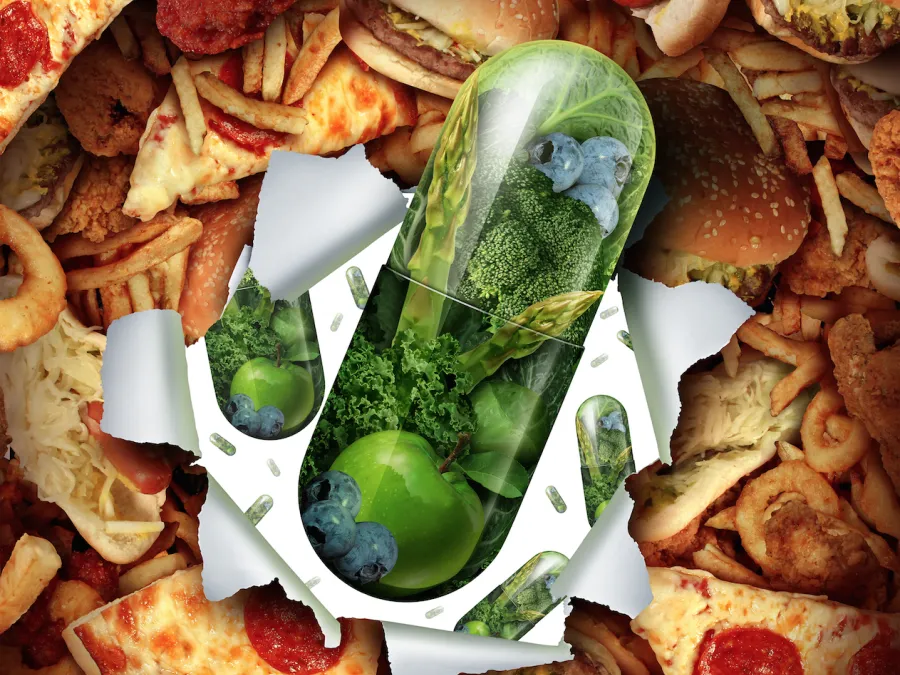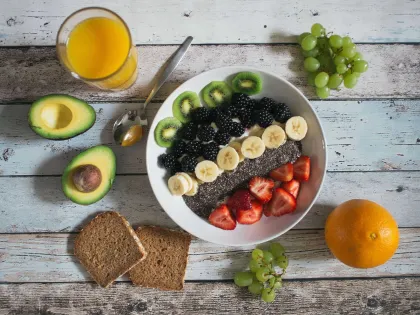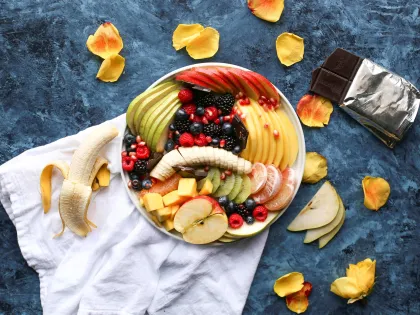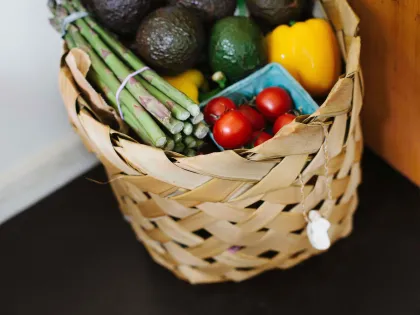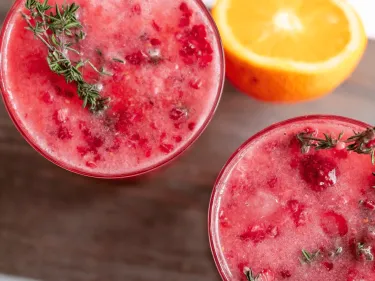It probably wouldn’t come to a surprise to you that vitamins and minerals are essential to keep our bodies healthy and functioning properly. Supplements, like multivitamins, often claim to fulfil your nutritional requirements in replacement of food, but do supplements really live up to their promises, and are they for everyone?
Are supplements better than food?
Consuming a varied and balanced diet should give us all the vitamins and minerals we need for our bodies to function properly. Unfortunately, most Australians do not consume a diet that would theoretically provide their nutritional requirements, and therefore are probably missing out on key vitamins and minerals.
So, whilst you might be thinking that a supplement is the easy answer to a lacking diet, this isn’t quite the case. Foods are complex, and contain many different types of nutrients. Taking a supplement in replacement of fruit and vegetables doesn’t provide you with particular nutrients, such as phytochemicals and fibre you would receive from wholefoods.
Food also contains vitamins and minerals in different chemical forms as they occur in nature. For example, Vitamin E occurs naturally in 8 different forms in foods, whereas a supplement will only contain 1-2 forms. Some supplements also have uncomfortable side effects, for example, iron supplements are well known to result in constipation.
Additionally, supplements are far more expensive than whole foods, so why break the bank??
Who needs supplements?
Some populations do require supplements for a variety of reasons that makes them unable to achieve their vitamin and mineral requirements from their diet. Some examples include pregnancy, people with limited sun exposure, malabsorption problems, swallowing difficulties and medically diagnosed deficiencies.
The bottom line:
Overall, supplements are not ideal to replace a healthy, balanced diet. If you have a diagnosed deficiency or requirements to take supplements, such as pregnancy, then medically supervised supplements may be beneficial for you. If you feel you could be lacking in certain vitamins and minerals, it is better to look at changing your diet and lifestyle first, rather than reaching for supplements.
For more information about supplements check this out: https://nomoneynotime.com.au/h... or take our Healthy Eating Quiz to if your diet could be improved before you hit the chemist.



